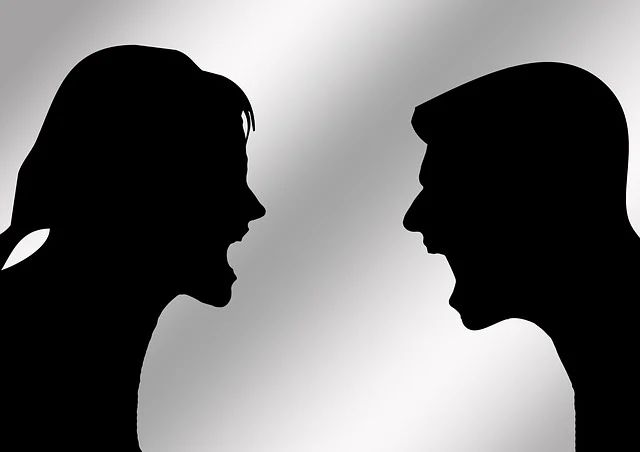Hatred doesn’t arise naturally — it is often the result of a complex mix of psychological, emotional, and social factors. Here are some common sources:
Unhealed emotions
Suppressed anger, sadness, or fear can fester and evolve into hatred as a form of emotional self-defense.
Deep emotional wounds
When someone experiences betrayal, insult, or injustice, their anger can turn into hatred if left unresolved.
Fear and ignorance
People tend to hate what they don’t understand or what they feel threatened by, leading to prejudice and discrimination.
Environmental influence
Hatred can be nurtured by one’s family, society, media, or social groups. Living in a hostile environment makes it easy to adopt an “us vs. them” mentality.
Feelings of powerlessness or envy
When someone feels weak or inferior, they might develop resentment toward those they perceive as more powerful or successful.


ARTICLES IN THE SAME CATEGORY
Early at Year’s End, A Word of Gratitude to Those Who Have Shown Us Kindness
Live contentedly, be satisfied with what you have, and maintain an optimistic outlook on life. These are simple yet wise principles.
People constantly chase after desires, but in the end, when they achieve them and look back, they are left feeling empty.
Greed, Gold, and the Spiral of Instability in Human History
Karma in Vietnamese Classical Thought and Lessons from Cambodia Today
Words and the Fortunes of a Lifetime: Why a Few Right Sentences Are Enough for an Entire Life
ARTICLES IN THE SAME GENRE